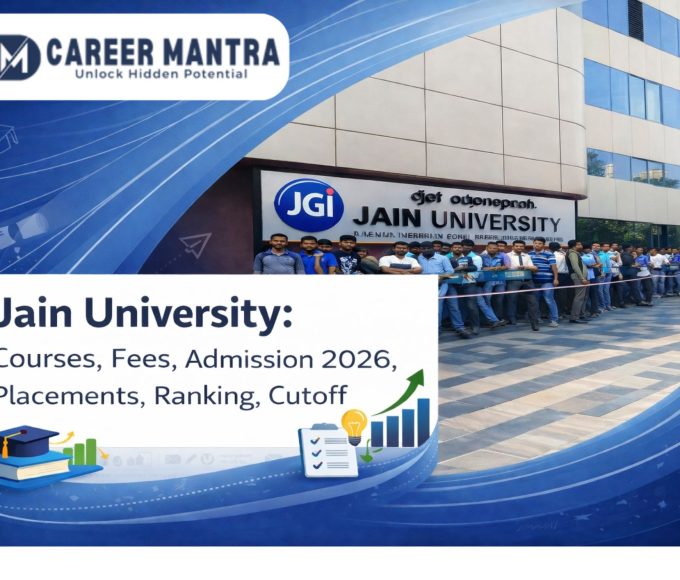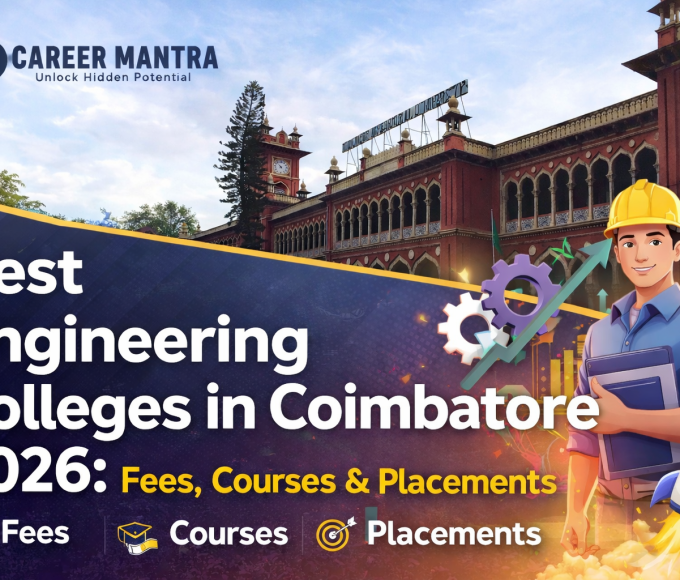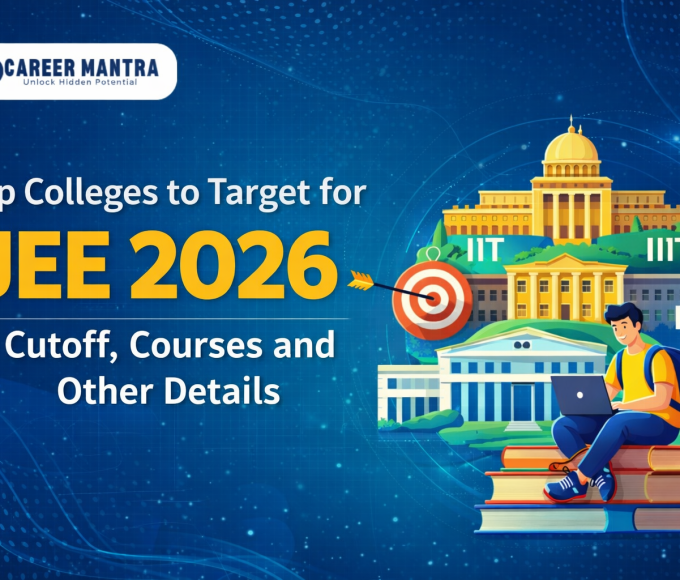This policy marks a revolutionary change in the year 2024-2025 for Indian education. It has been talked about by the elite circle of education experts, policymakers, and all other interested stakeholders. The policy reflects global changes in education and the respective relations with Indian culture. Reforms in foundational learning, flexibility in the curriculum, use of technology, vocational education, among many things have ushered huge positive reforms into NEP. It is on these main differences that NEP 2024-2025 brings in and how those differences have implications for the learners and teachers and, by extension, the learning system as a whole. We would focus on the following.
1. A New Emphasis: Foundational Learning
NEP 2024-2025, in a way, indicates foundational literacy and numeracy quite vociferously. It understands that learning has to start on a strong foundation and takes an initiative towards accelerating foundational education during the early stages, especially Kindergarten to Grade 3.
It will encourage activity-based and play-based learning approaches in primary classes. Concepts should be learned in a participative manner through hands-on and experiential learning. By this time, children will gain mastery in literacy and numeracy skills identified as critical for cognitive development. Reading, mathematical computation, and language skills support programs shall form part of a national push to erase foundational learning gaps by 2030.
Early childhood education will also be made easier according to the policy, as it will eventually just be like pre-primary education. It would mean that children would have foundational skills that would lead to greater success in primary education and then push into higher levels of achievement academically.

National Education Policy | New Education Policy, NEP 2024
2. Increased Flexibility in Curricula Design
The Indian education system had traditionally been rigid in the sense that students could only follow one distinct stream of studies after clearing grade 10. NEP 2024-2025 marks a paradigm shift in how curriculums are conceptualized, or rather more multidisciplinary and malleable in form.
School students, once they reach the threshold of high school, can cross the disciplines, and the science, commerce, and arts streams are no longer confinement parameters. This leaves room to develop holistic awareness in students and, by so doing, avail students the opportunity of following their interest, talent, and passion, which, therefore, makes it more student-personalized education. A student who is interested in both biology and economics can learn about both these subjects by reading a course in music or art.
The flexibility also comes in the light of global norms prevailing in higher education studies across the world. In this way, Indian students are well-prepared on the global platform. Since it is competency rather than subject-specific knowledge, NEP readies the student for multifaceted background employment.
3. Embedding Technology and Digital Tools
It has affected all the sectors, and thus it affects education too. The NEP 2024-2025 emphasis certain important aspects of technology implementation into students’ learning processes in that future generations are going to be familiar with the world as digital natives and thus become familiar with technology and become digitally literate.
It calls for early education in digital literacy, AI, coding, and data science, which will better prepare students to handle careers in a world that is driven by technology. Besides, it bridges the gap created between cities and the countryside since technology will make it easy for all students to enjoy digital quality resources, online learning lessons, and virtual classrooms irrespective of where they come from.
Hybrid models should take paramount consideration in higher education, involving online and offline learning. This is because this model is cost-effective and flexible compared to more traditional models and so leaves many rooms for working students or students who may have unusual needs. The teachers too are trained on digital tools to make the process of learning improve as well as reap from educational technologies.
4. Skill-Based Learning and Vocational Training
The most important assumption of NEP 2024-2025 is the question of divesting academics and instead going for skills-based education. What has always remained at the back end of the Indian education system-that is, the world of vocational training-is woven in from the secondary level.
Several courses on vocational training would be provided to the students alongside embedding various fields into the courses. For instance, the courses would include plumbing and programming. Students, therefore, while leaving secondary school would be better equipped with more hands-on skills and knowledge sets that can be useful in fetching them employment hence allowing the country to remain up-to-date with increasing demand for professionals in various fields. This would make no one feel the pressure on their traditional programs of degrees as more and more students will be taking vocational routes which appeal to them the most.
Vocational programs will be conducted with industry partners so that the view of real life and on-job training will be established. This can bridge the skill gap and improve the employment opportunity for some people.
5. Reformed System of Assessment and Examination
Mass rote learning is enabled in the existing classical assessment system of India. NEP 2024-2025 has mitigated this by adopting an assessment system in the measurement of competencies, problem-solving capacities, and mental abilities.
Continuous assessment through projects, practical, and regular evaluation instead of high-stakes exams initiates this policy. In this regard, there would be more understanding of the concepts instead of mere memorization, and students will be able to use what they have learned in new ways. This also makes it a lot of fun to learn; the anxiety that’s associated with exams will shrink down, as those will be in the direction of subjects that have real interest instead of rote memorization.
This is further consolidated by an intervention of a graded system that tends to benefit consistent effort rather than once-off performance. Providing preparation will help students prepare for the higher education setting whereby critical thinking and problem-solving skills become the essentials in achieving success.
6. Training and Professional Development of the Teaching Staff
Teachers are the backbone of any education system, and hence, the training and professional development of teachers can be said to stand at the centre of NEP 2024-2025. Quality learning depends on quality teaching, and this is to be enabled by a holistic set of programs for teachers as they grow and develop.
Teacher education programs would now be restructured to train teachers more effectively in pedagogy, psychology, and digital skills. On the part of teachers, they would have continuous learning resources through workshops, digital platforms, and community networks on current methodologies and development areas in their specific field of expertise.
It motivates independent teaching and gives the teacher some scope to teach according to requirements and aptitude of the students. Flexibility in teaching enables new kinds of pedagogical innovation that, in turn, goes on to result in a better experience in the classroom.

7.It Increases emphasis on Indian Languages and Cultural Sensitivity:
Languages have, over time, played a pivotal position in the cognitive development of children and in their respective cultures. NEP 2024-2025 is alive to it and recommends multiple language learning especially at the basic school level. “Teach in mother tongue in foundational years to ensure better comprehension and retention,” it suggests.
The focus on regional languages would enhance the linguistic skills and would preserve the rich cultural heritage of India, so the students would be attached to their roots. It is advocated that education models be bilingual or trilingual so that by the time the student leaves the institution, English and one more language preferred by the student would have well been acquired.
Where this policy is taking cultural awareness to a far-deeper level by transgressing the limitation of languages because it is urging schools to have Indian art, music, and literature in the school curriculum making a confidently culturally enhanced product yet profoundly rooted in culture.
This new policy on education in the 2024–2025 calendar is an ambitious plan to change the face of the Indian educational corridor. The challenge posed by NEP is immense and will have to bridge the constraints of the traditional system: flexibility, skill-based learning, integrated technology, and cultural awareness. Through all these efforts, the agenda on education will be made more inclusive, relevant, and adaptable according to the needs of the 21st century.
It promises to the students an exciting, less stressful, and more student-centred learning experience. For the educators, it would supply the tools and the backstopping to achieve a more dynamic, effective teaching environment. Changes, long-term in these directions, can produce a globally competitive, technologically adept, and culturally aware leadership for India that can lead that country into a bright, prosperous future.
This is much more in sync with the NEP 2024-2025 has visualized a kind of a similar model, wherein collective efforts by the educators and students and their parents along with policymakers shall be required in course of time. And till these reforms take shape, all stakeholders must rise to welcome the transformations toward an education system that promotes talent, encourages creativity, and prepares a new generation of young Indians for a rapidly changing world.
To Know About More Scholarship Test:-
Find Top Colleges in India:-
For more information Chat on WhatsApp:-
Top B.Tech Colleges in Delhi-NCR | Top B.Tech Colleges in Pune | Top B.Tech Colleges in Bengaluru
Top B.Tech Colleges in Mumbai | Top B.Tech Colleges in Jaipur | Top B.Tech Colleges in Lucknow
Top B.Tech Colleges in Bhopal | Top B.Tech Colleges in Coimbatore | Top B.Tech Colleges in Bhubaneswar
Top B.Tech Colleges in Indore |Top B.Tech Colleges in Surat | Top B.Tech Colleges in Thane
Top B.Tech Colleges in Chennai | Top B.Tech Colleges in Chandigarh| Top B.Tech Colleges in Guntur
Top B.Tech Colleges in Jabalpur | Top B.Tech Colleges in Hyderabad | Top B.Tech Colleges in Kolkata








